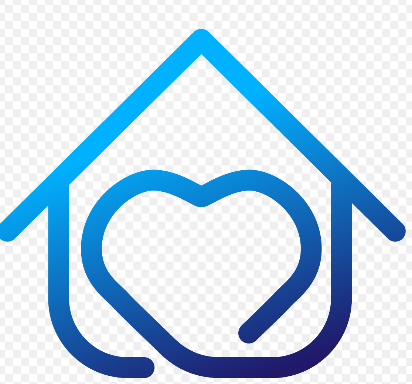Enhancing Communication in Remote Care Situations
In recent years, there has been a significant increase in the use of Virtual Care Services to provide healthcare remotely. With the advancement of technology, it has become easier for healthcare providers to offer their services to patients who are unable to visit a physical clinic or hospital. While virtual care services offer many benefits, one of the key challenges that healthcare providers face is ensuring effective communication with their patients in remote care situations.
Effective communication is essential in any healthcare setting, and it is especially important in remote care situations where face-to-face interactions are limited. Without clear communication, patients may be confused about their treatment plans, have difficulty accessing important information, or feel disconnected from their healthcare providers. This can lead to a decrease in patient satisfaction and even compromise the quality of care provided.
To enhance communication in remote care situations, healthcare providers can utilize a variety of strategies and tools. One effective way to improve communication is to use secure messaging platforms or video conferencing tools to connect with patients in real-time. These tools allow healthcare providers to answer questions, provide updates on treatment plans, and address any concerns that patients may have. By offering a direct line of communication, patients can feel more connected to their healthcare providers and have a better understanding of their care.
Another important aspect of enhancing communication in remote care situations is the use of patient portals. Patient portals are online platforms that allow patients to access their medical records, test results, and treatment plans from anywhere at any time. By giving patients the ability to review important information and communicate with their healthcare providers through a secure portal, providers can improve patient engagement and promote better health outcomes.
In addition to utilizing technology, healthcare providers can also improve communication by establishing clear guidelines and protocols for remote care interactions. By setting expectations for how and when communication will occur, providers can ensure that patients are informed and engaged in their care. Furthermore, providers can offer resources such as educational materials or virtual support groups to help patients navigate the challenges of remote care.
Overall, enhancing communication in remote care situations is crucial for ensuring that patients receive high-quality care and feel connected to their healthcare providers. By utilizing technology, establishing clear guidelines, and offering resources, healthcare providers can overcome the challenges of remote care and improve patient outcomes. As virtual care services continue to grow in popularity, effective communication will be key to providing exceptional care to patients, no matter where they are located.
************
Want to get more details?
Remote Care Today
https://www.remotecaretoday.com/
800-480-3344
608 Melvin Ave Suite 102 Annapolis MD 21401
Remote Care Today
https://www.remotecaretoday.com/
800-480-3344
608 Melvin Ave Suite 102 Annapolis MD 21401
We offers a physician the most advanced Virtual Care System that results in patient care being significantly increased, improved wellness, and a reduction in hospitalizations.
Our virtual care programs are a full turnkey solution for CCM, RTM, RPM, BHI, Cardiac & Pulmonary Rehab – We take the on the logistics of devices, monitoring, alerts, escalations, and the Superbill. There is no need for your team to take up resources and time to launch your program with us. We do it all and you get paid. Better yet, your patients get white glove care from your office and remotely without adding extra cost.